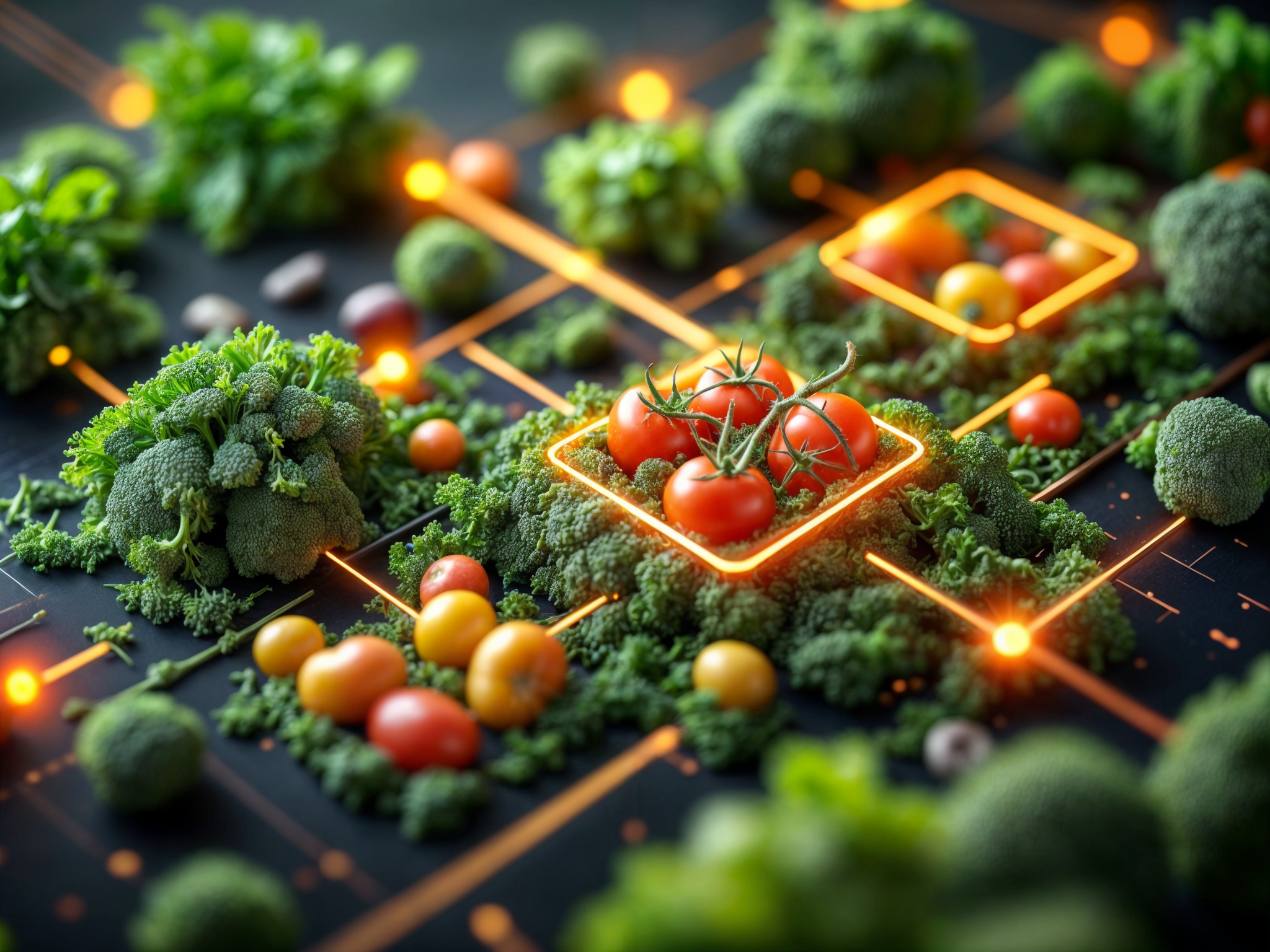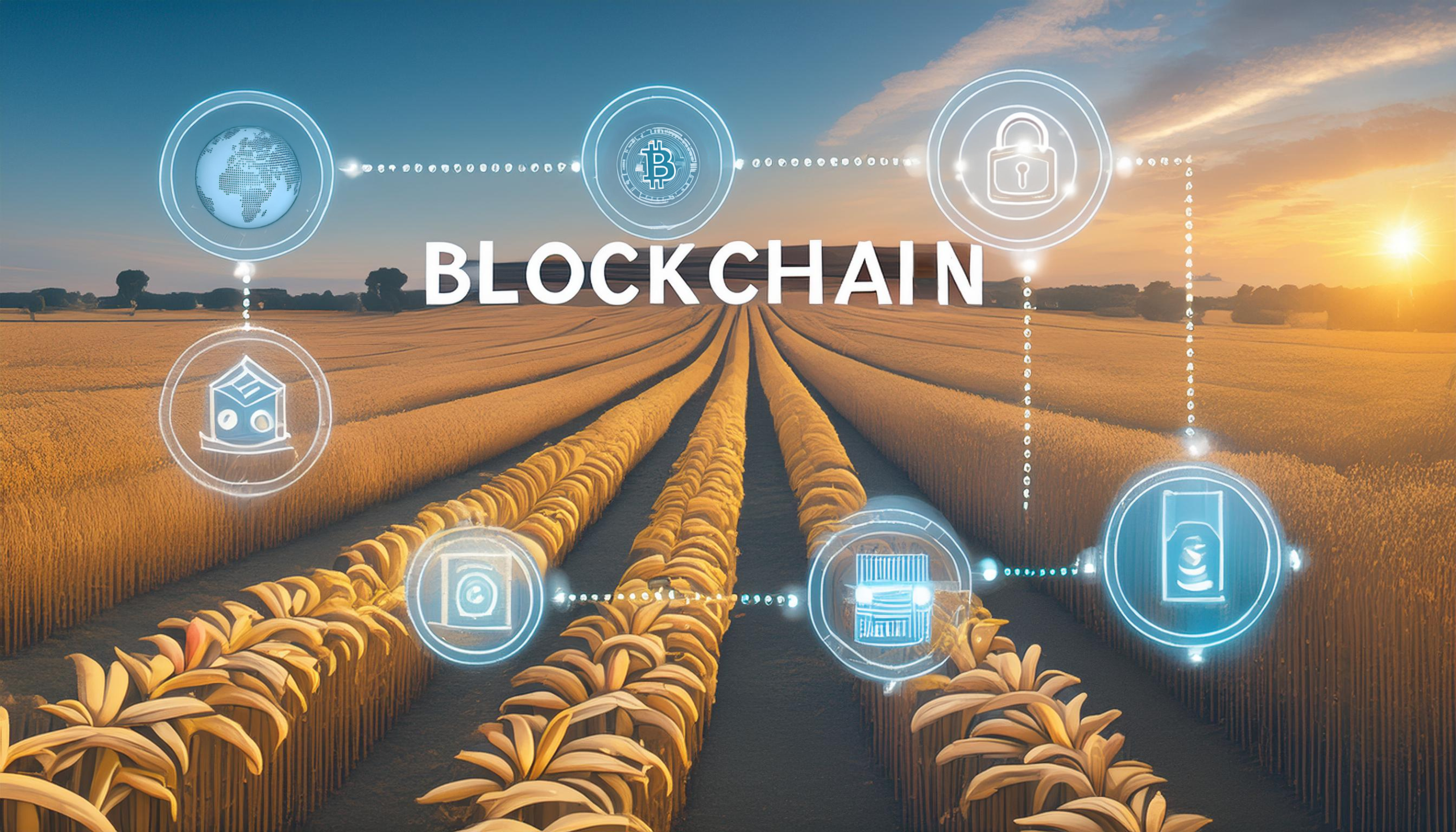Satoshi Nakamoto is an enigmatic figure, a revolutionary in the field of informatics who may never have existed as a single person. The name could belong to an individual or a group. One thing is certain about Satoshi Nakamoto: he is / they are the inventor of blockchain technology, a groundbreaking idea that has revolutionized the internet and made cryptocurrencies a reality. Their influence extends even into the agri-food industry, driving innovation and transformation.
The concept of blockchain was introduced alongside Bitcoin in Nakamoto’s 2008 whitepaper, “Bitcoin: A Peer-to-Peer Electronic Cash System.” Bitcoin demonstrated blockchain’s potential to facilitate secure, decentralized financial transactions without intermediaries. Over the years, blockchain’s applications have expanded beyond cryptocurrency, encompassing various industries.

How Blockchain Works
Blockchain technology is a decentralized, distributed ledger system that records transactions across multiple computers in a tamper-proof and transparent manner. Each transaction, or block, contains a cryptographic hash of the previous block, ensuring a secure and immutable chain of records.
Blockchain operates on a peer-to-peer network where each participant, or node, maintains a copy of the entire ledger. Crypto-transactions are grouped into blocks, which are then validated by nodes through a consensus mechanism, typically Proof of Work (PoW) or Proof of Stake (PoS). Once a block is validated, it is added to the chain, making the data permanent and unalterable.
Fields of Use
Blockchain’s inherent transparency and security have found applications in finance, healthcare, supply chain management, voting systems, and more. It ensures data integrity, enhances traceability, and reduces fraud. Smart contracts, self-executing contracts with the terms directly written into code, further broaden blockchain’s utility, enabling automated and trustless transactions.

Blockchain in the Agri-Food Segment
In the agri-food sector, blockchain offers transformative potential. It can track the journey of food products from farm to table, ensuring transparency and safety. Farmers can utilize blockchain to authenticate the provenance of their produce, enhancing trust with consumers and retailers. For example, Walmart uses blockchain to trace leafy greens, reducing the time to track contamination sources from days to seconds. Additionally, blockchain facilitates efficient supply chain management, reducing waste and optimizing logistics.
Blockchain also supports fair trade practices by verifying certifications and ensuring that farmers receive fair compensation. By integrating IoT devices, real-time data on crop conditions, weather, and soil quality can be recorded on the blockchain, aiding precision agriculture and decision-making.
Blockchain technology, with its secure, transparent, and decentralized nature, is poised to revolutionize various industries, including the agri-food sector. Its ability to enhance traceability, ensure data integrity, and optimize supply chains offers significant benefits. Embracing blockchain can lead to more sustainable, efficient, and trustworthy agri-food systems.
Do you want to know more? Listen to the AGRI-FOOD.AI Podcast with Professor Marta Alexy!
 2024-06-10
2024-06-10  PODCAST
PODCAST
 share
share


 Our website uses cookies
Our website uses cookies